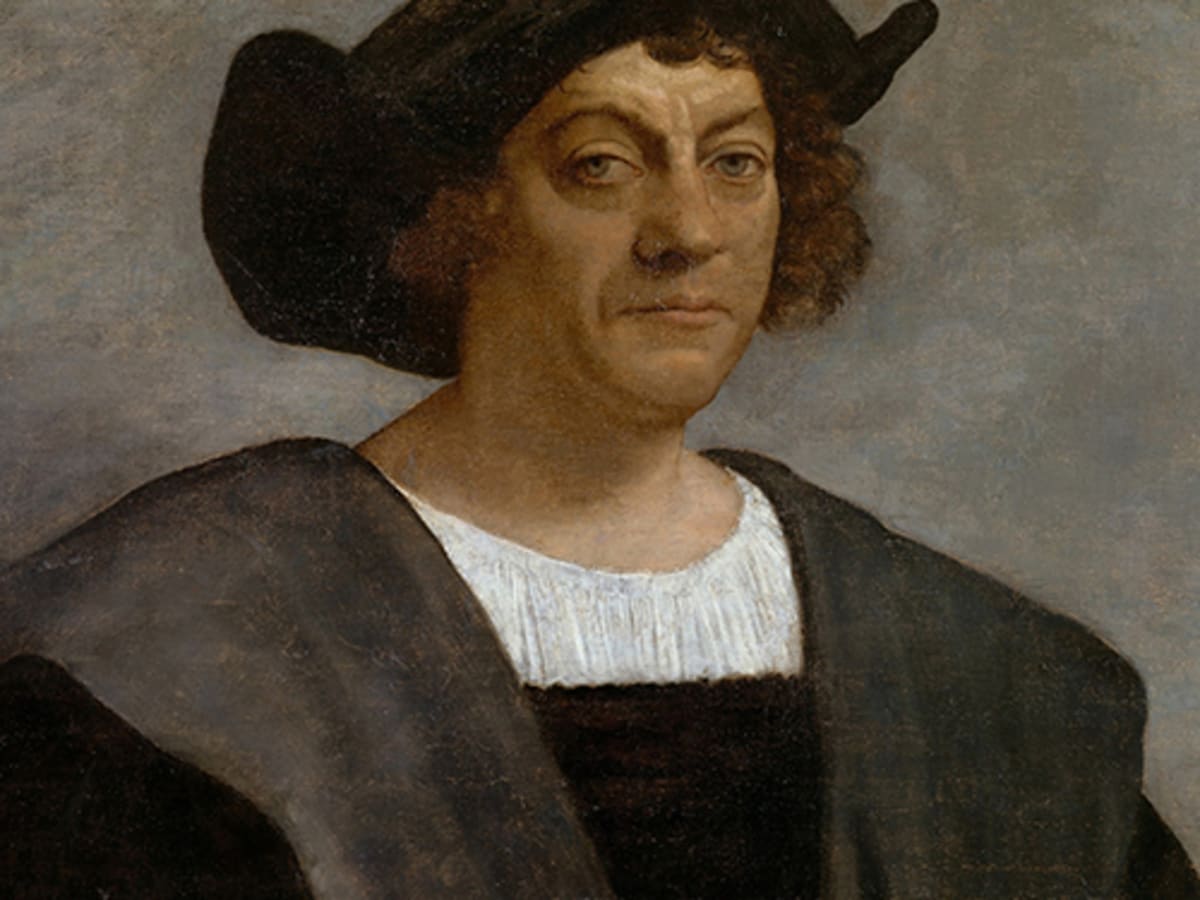Even the concept of Columbus Day falls on deaf ears, uneducated about the holiday beyond a lone sentence related to its namesake: “Columbus sailed the ocean blue in fourteen hundred- ninety-two.”
For many with no Italian lineage and only armed with this one sentence, detractors of Columbus Day and Christopher Columbus have a convincing argument. To the enlightened man of 2022, celebrating a ‘dastardly’ explorer who sailed for the Spanish crown and landed in the Caribbean is a tough pill to swallow.
However, if you are apprehensive about the day, take the day’s origin into account in your calculus of whether or not to boot it out the door and what we could still stand to learn today, in 2022, from how it came about.
Students of previous generations and today do not receive a proper education on Columbus nor Columbus Day and what it represents to the Nation, the Italian-American community, Catholics, and the immigrant community at large.
The first Columbus Day celebration took place on October 12, 1792, to commemorate the 300th anniversary of his landing and historical discovery. It was celebrated by the Columbian order, but you might remember them as Tammany Hall. They celebrated the legacy of Columbus, which was most obvious to them as New Yorkers.
Columbus founded the first permanent European settlement in the New World, an act that would eventually lead to the creation of the United States. However, nothing more than private observances and locally recognized celebrations would be held until the four-hundredth anniversary.
On the 400th anniversary, Columbus Day was again celebrated. But this time, it was to defuse a diplomatic crisis between the United States and Italy after the lynching of 11 Italian immigrants in Louisiana, with news of the attack receiving indifference from media outlets and politicians alike. The emphasis on Columbus Day was patriotism, with Columbus (a Genovese who sailed for the Spanish) utilized in tandem with the introduction of the pledge of allegiance to celebrate social progress.
What put Columbus Day on a trajectory to becoming a national holiday was the creation of the Knights of Columbus by Father Michael J. McGivney. It may seem like an odd name for a Catholic fraternal service order, but think of the time-period. The anti-Catholic sentiment of the day was only growing, rendering typical Catholic naming conventions fruitless. McGivney sought to bridge the divide between his largely Italian-American congregation and America.
So, he made a sensible decision for the late 1800s– he chose Columbus. He met all the criteria necessary to bridge the gap, being ethnic and Catholic like many new arrivals to America while also having discovered the New World, making a lasting impression on the national psyche.
Through the persistent lobbying of the Knights of Columbus and like-minded organizations, President Franklin Delano Roosevelt proclaimed it a national holiday in 1934, leading to its status as a national holiday in 1971. Columbus Day was able to ascend into a public holiday even as xenophobic organizations like the Ku Klux Klan attempted to squash the idea altogether.
For all the agony suffered by Italian-Americans and the lingering discrimination they still experience, much like other immigrant groups that happened upon the shores of America, the Italian- American community overcame a great many obstacles to be woven into the fabric of America. Undoubtedly, this distinct thread only adds to the Nation, just as any group that has followed.
We are now at a juncture. Misguided enemies of Columbus Day are amassing, never learning the history of the day and its import to millions of Americans. Instead of promoting diversity through addition, they want a selective acknowledgment of past wrongs – one which would strip away the gains of toiling generations of immigrants.
Enemies of Columbus Day do not act out of malice. They read the annals of history and conflate Columbus with later conquistadors, read one negative account of the many competing accounts of Columbus’ life, or attempt the futile exercise of judging a renaissance man by contemporary standards.
They act out of compassion for indigenous people in a zeal often misconstrued. And for the pain and suffering experienced, there should be some holiday or celebration consistent with the desires of the Native American community.
Columbus Day and what it means can co-exist with Indigenous People’s Day. Diversity through addition is possible. It is not necessary to enjoy every single holiday to believe that constituent parts of your community ought to be able to celebrate their cultural identity.
And in removing Columbus Day, educators would lose a valuable opportunity to show an example of discrimination at a time when many would agree racial relations could be improved. Expunging Columbus Day from the history books would blind a generation of students to how trivial hatred can be– especially for contemporary students who are likely seated in a classroom with someone of Italian descent and never thought of them any different.
Save Columbus Day
That is the message. This is The Messenger.




